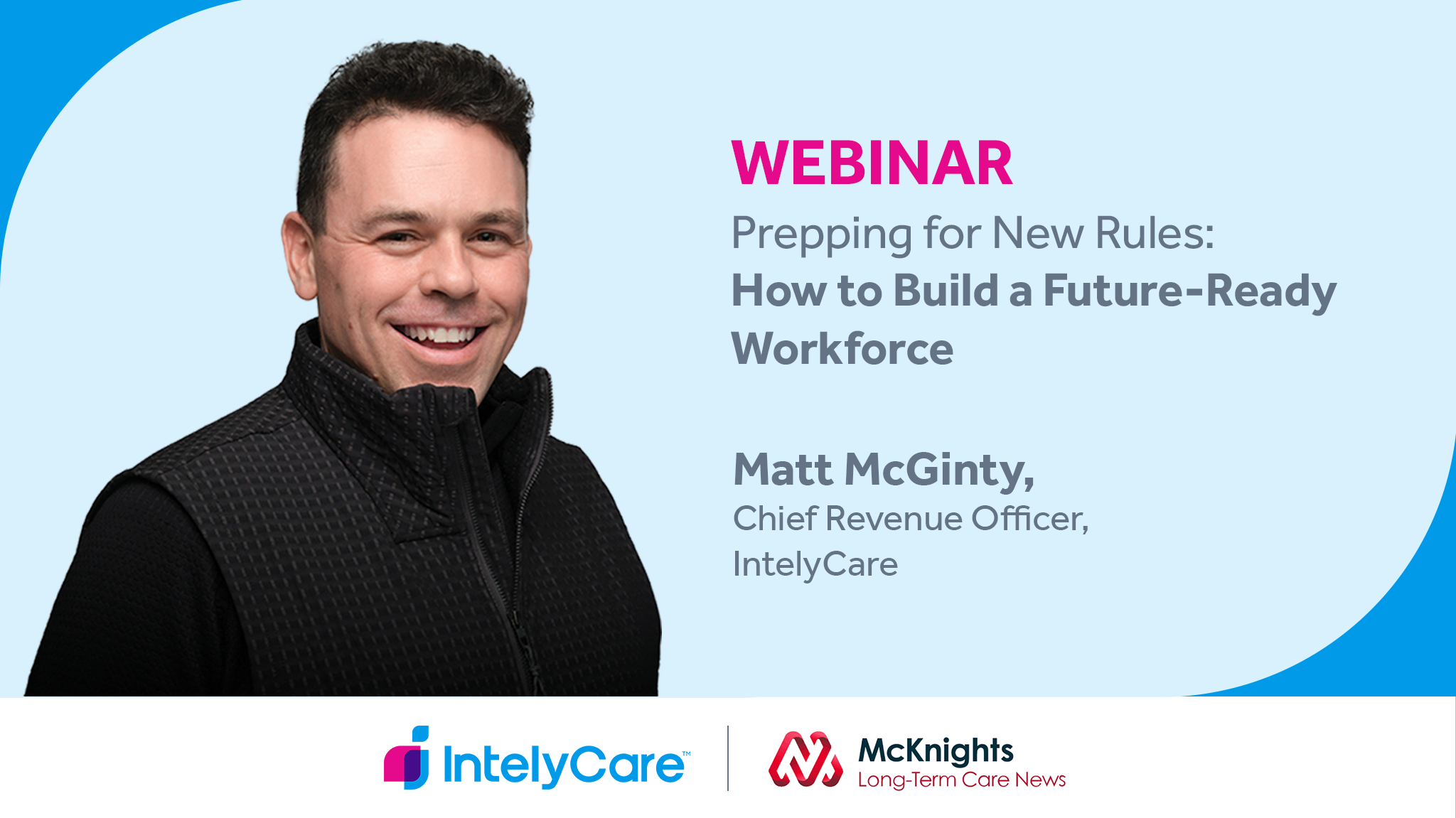Healthcare facility owners have faced huge difficulties when it comes to nurse staffing over the last several years. The issue of understaffing is going to become even more of a struggle with the first ever federal staffing mandate for nursing homes expected to go into effect this year.
Friction in the Industry
Managing the nursing workforce was stressful for healthcare facility owners even before the COVID-19 pandemic began. During the pandemic, that stress reached new heights. As the severity of the pandemic has waned, the nursing workforce’s calls for higher wages and more flexibility has intensified, and as a result, maintaining proper staffing levels has become nearly impossible.
How then, is long-term care supposed to meet the proposed federal staffing minimum of 4.1 hours per resident per day?
According to AHCA, half of nursing homes say their workforce situation has worsened since mid-2022. Facility owners are struggling to adequately staff their floors and provide their residents with the consistent, quality care that they deserve.
In a recent webinar with McKnight’s, IntelyCare’s Chief Revenue Officer, Matt McGinty, discussed how long-term care facilities can reinvent their workforce strategies to successfully meet the federal staffing mandate.
The webinar covers the following:
- Full-time hiring solutions
- How to build a balanced workforce
- What to look for when vetting a talent partner
You can access the full 60-minute webinar recording and watch for free here:
Approaching Big Problems with Unsustainable Solutions
The two biggest things that facility owners are doing to retain nursing staff are increasing wages and offering bonuses. If you are a long-term care facility owner yourself, you know all too well that these solutions aren’t sustainable.
Even with implementing these solutions, 84% of nursing homes are facing moderate to high levels of staffing shortages, so naturally, the biggest concern regarding the upcoming federal staffing mandate is finding staff who are willing and able to work. The second biggest concern is having to rely on costly agency staff to help meet the mandate.
Working with 1099 Staffing Agencies is Not Ideal
Throughout the COVID-19 pandemic, reliance on 1099 staffing agencies exploded. Most nursing homes have had no other option. In fact, some healthcare facilities have reached the point where external agency staff is accounting for 75% of their workforce. It is therefore unsurprising that facility owners aren’t too happy about the idea of needing to lean on agencies even more once the federal staffing mandate goes into effect.
Luckily, turning to 1099 staffing agencies isn’t long-term care’s only option. Instead, facilities can look to healthcare talent partners – who operate as W2 employers – for assistance with planning for staffing needs and recruiting the appropriate nursing professionals to address those needs.
Seeking out a True Partnership with a Healthcare Talent Partner
The best way that long-term care facilities can prepare themselves for the federal staffing mandate is to seek out a healthcare talent partner.
A healthcare talent partner allows long-term care facilities to be transparent about their internal staff, their facility’s needs, and their goals. They can help focus on full-time hiring as part of a workforce strategy by assisting with recruiting, credentialing, onboarding, and training new staff. They’re also able to help open recruiting pools by offering shift diversity across full-time, contract, and float pool assignment roles.
Healthcare talent partners can tune into the nuances of the staffing gaps facilities need to fill and can fill those gaps with care providers who are a “perfect match” for them.
Tips for Vetting a Healthcare Talent Partner
1099 staffing agencies are typically kept at arm’s length, but facilities shouldn’t approach working with healthcare talent partners in the same way. A talent partner should feel like they are a part of a facility’s team.
There are a few things a facility should keep in mind if they want to properly vet a healthcare talent partner. First, they should ask if they offer the following:
- Full-time hiring capabilities and support
- Transparent, fair contracts and billing
- Technology and operational capabilities
- Clinical and quality procedures and policies
All these things will help a long-term care facility optimize their staffing mix in such a way that they will have the balance they want, and most importantly, that they will be able to successfully meet the federal staffing mandate requirements when the time comes.
Learn More About Vetting a Talent Partner and Preparing for the Federal Staffing Mandate
Long-term care facilities should be focused on finding the organizations best suited to help them be successful when the federal staffing mandate goes into effect. As discussed in our webinar, a healthcare talent partner can meet that need.
Short on time? Our whitepaper, Meeting the Mandate: Reinventing Your Workforce Strategy, provides a similar synopsis.
Ready to take control of your workforce?
IntelyCare is the healthcare talent partner you need on your side. Find out how we can help prepare you to succeed when the federal staffing mandate goes into effect.
